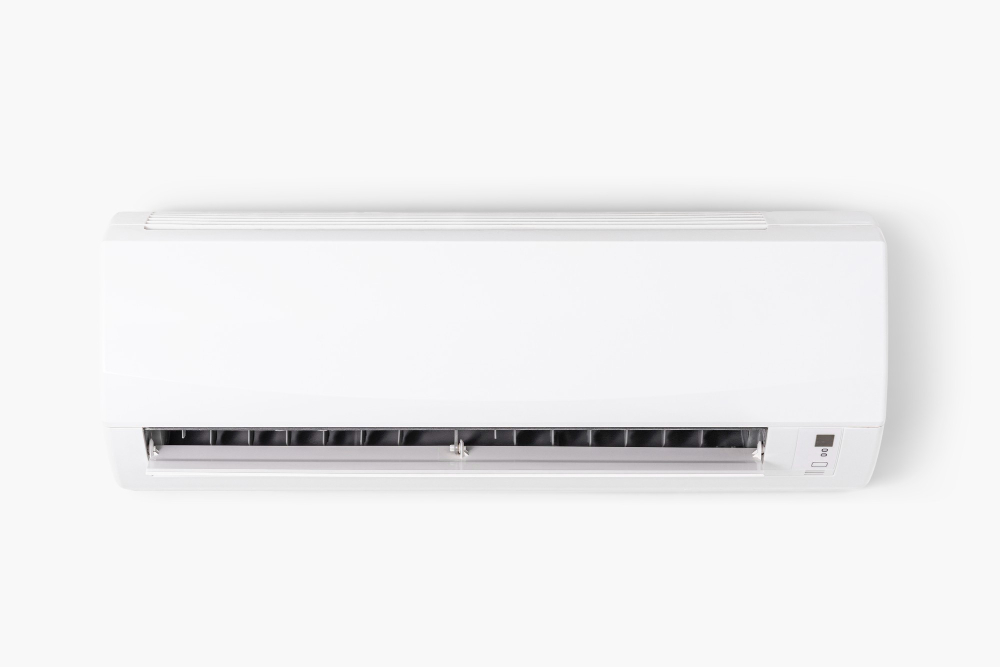Air Cond Inverter vs Non Inverter: Which One Should You Choose?

When it comes to buying a new air conditioner, one of the most common questions homeowners and business owners ask is: “Should I choose an inverter or a non-inverter air conditioner?” This decision can impact not only your comfort but also your electricity bills and the longevity of your unit.
In this blog, we’ll explore the key differences between inverter and non-inverter air conditioners (often referred to as “air cond” in everyday language), their pros and cons, and which one might be the better fit for your needs.
What Is an Inverter Air Conditioner?
An inverter air conditioner is equipped with a variable-speed compressor that adjusts its power based on the room’s cooling demand. Instead of switching on and off constantly like a traditional air conditioner, it continuously regulates the temperature by speeding up or slowing down as needed.
Key Features:
- Energy Efficient: Reduces energy usage by running at lower speeds when full power isn’t required.
- Quieter Operation: Runs more smoothly with fewer start-stop cycles.
- Consistent Temperature: Maintains a stable indoor climate without sudden changes.
- Longer Lifespan: Less strain on components due to smoother operation.
What Is a Non-Inverter Air Conditioner?
A non-inverter air conditioner, on the other hand, operates at a fixed speed. The compressor switches on at full power until the room reaches the desired temperature, then shuts off. When the temperature rises again, it starts back up.
Key Features:
- Lower Initial Cost: Typically more affordable to purchase.
- Simple Technology: Easier and sometimes cheaper to maintain.
- Fast Cooling: Delivers full cooling power immediately when turned on.
Air Cond Inverter vs Non Inverter: A Detailed Comparison
Let’s break down the major differences between these two types of air conditioners to help you decide which one is better suited for your situation.
1. Energy Efficiency
Inverter ACs are significantly more energy-efficient than non-inverter models. Because they adjust their power usage instead of cycling on and off, they consume less electricity over time. This can lead to major savings on your utility bills, especially if you use your air conditioner frequently or live in a hot climate.
Non-inverter ACs consume more power due to their start-stop nature. Every time the compressor restarts, it draws a high current, leading to increased electricity consumption.
2. Cooling Performance
Both types of air conditioners are capable of cooling a room effectively. However, inverter ACs offer more precise temperature control. They can maintain your desired temperature without wide fluctuations, providing a more comfortable environment.
Non-inverter ACs tend to cool in bursts, which can result in uneven temperatures and occasional discomfort.
3. Cost
Initial cost is often a major factor for many buyers.
Non-inverter air conditioners are usually cheaper upfront, which makes them attractive for those on a tight budget or for short-term usage. They also cost less to install in most cases.
Inverter ACs, while more expensive to purchase, offer better long-term savings through reduced electricity usage. Depending on your usage pattern, the extra cost can often be recovered within 1–3 years.
4. Noise Levels
Inverter air conditioners operate more quietly because the compressor doesn’t turn on and off repeatedly. This makes them ideal for bedrooms, home offices, or other quiet spaces.
Non-inverter units can be noisy, especially during start-up and shut-down. The frequent switching can be disruptive, especially at night.
5. Durability and Maintenance
The smoother operation of inverter ACs leads to less wear and tear on the internal components. As a result, these systems often have a longer lifespan and fewer maintenance issues over time.
Non-inverter ACs, because of the constant stopping and starting, can experience more stress on the compressor and other parts.
6. Eco-Friendliness
Using less electricity means inverter air conditioners are better for the environment. Many inverter models also use newer, eco-friendly refrigerants like R32 or R410A, which have lower global warming potential.
So, Which One Should You Choose?
Choose an Inverter Air Conditioner if:
- You want long-term energy savings.
- You use your AC regularly or for long hours.
- You prefer quiet operation and consistent temperature.
- You are willing to invest more upfront for better performance and efficiency.
Choose a Non-Inverter Air Conditioner if:
- You’re on a tight budget.
- You only use your air cond occasionally or in a small room.
- You need a short-term cooling solution or are renting a property.
Final Verdict: Inverter Is the Future
When comparing air cond inverter vs non inverter, it’s clear that inverter technology offers more benefits in terms of energy efficiency, performance, and comfort. While the initial cost might be higher, the long-term gains in energy savings and durability make inverter air conditioners a smart investment for most users.
However, the best choice ultimately depends on your specific needs, budget, and usage patterns.
Tips Before Buying
- Check the Energy Efficiency Ratio (EER) or Star Rating.
- Look for models with smart features like Wi-Fi control or eco mode.
- Always buy from reputable brands and ensure proper installation.
- Ask about the warranty period and after-sales service.
Conclusion
Understanding the differences between an air cond inverter vs non inverter system can help you make a smarter, more cost-effective decision. While both serve the same fundamental purpose — keeping your space cool — the way they operate and impact your comfort and bills varies greatly.
If you’re planning to use your air conditioner regularly and want to save on electricity in the long run, go with an inverter model. But if you’re looking for something budget-friendly for occasional use, a non-inverter might be sufficient.
Either way, it’s essential to match the unit size to your room and choose a trusted installer to get the most out of your air conditioning system.






